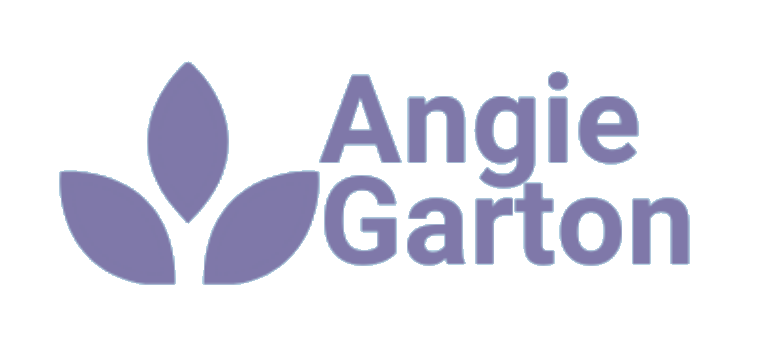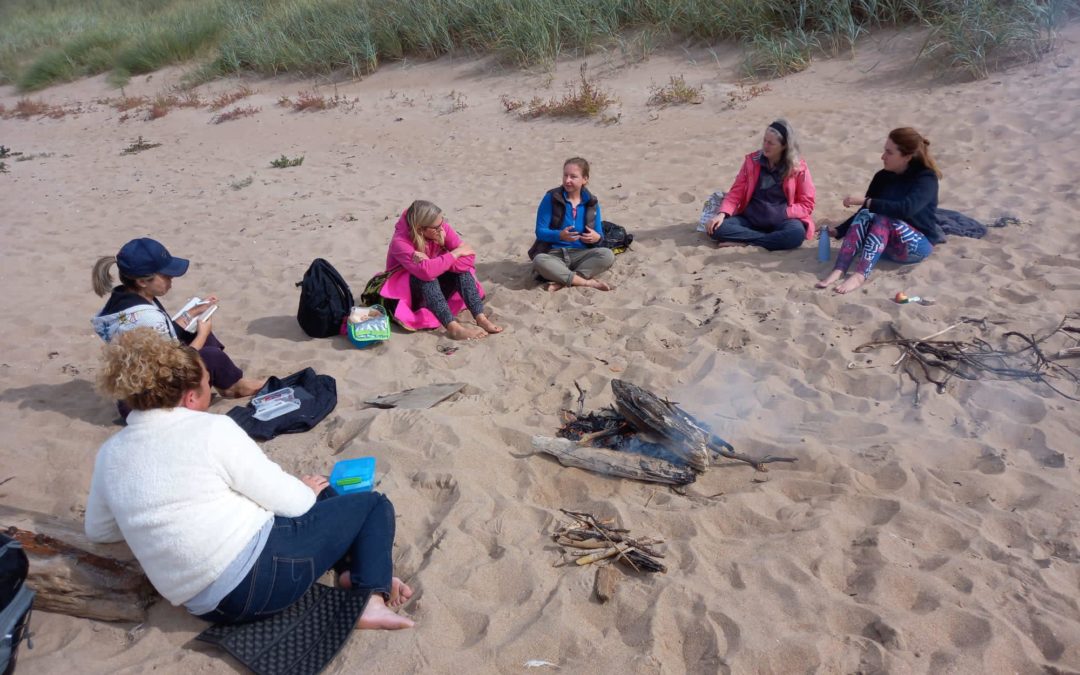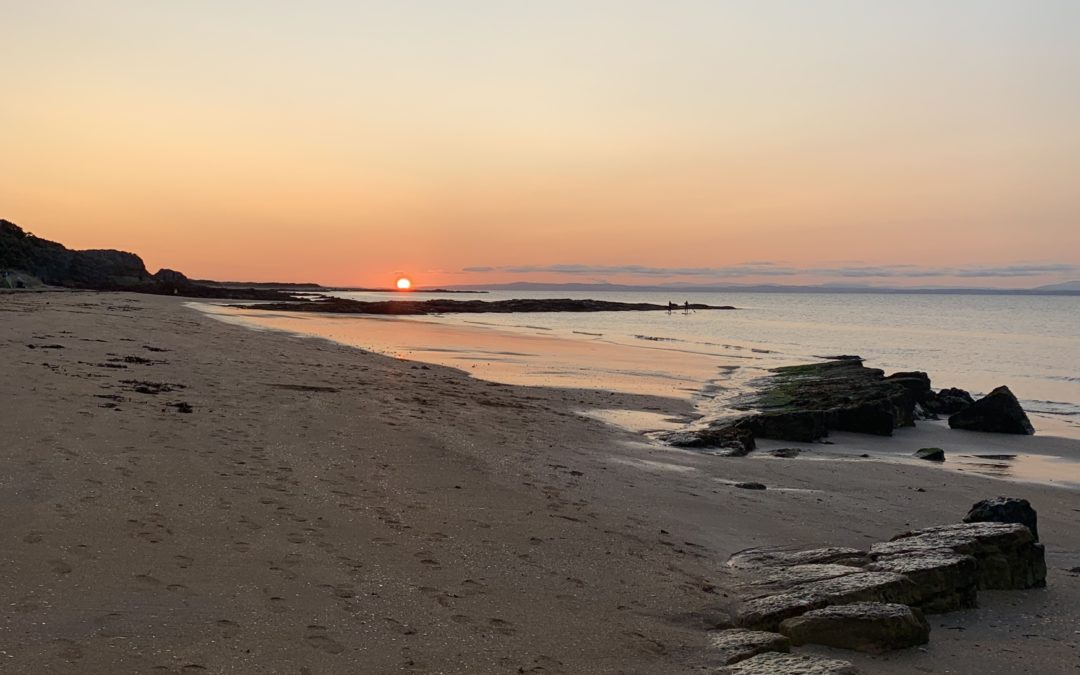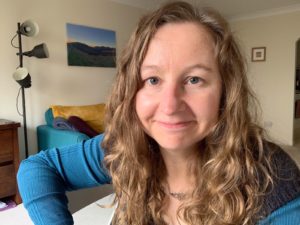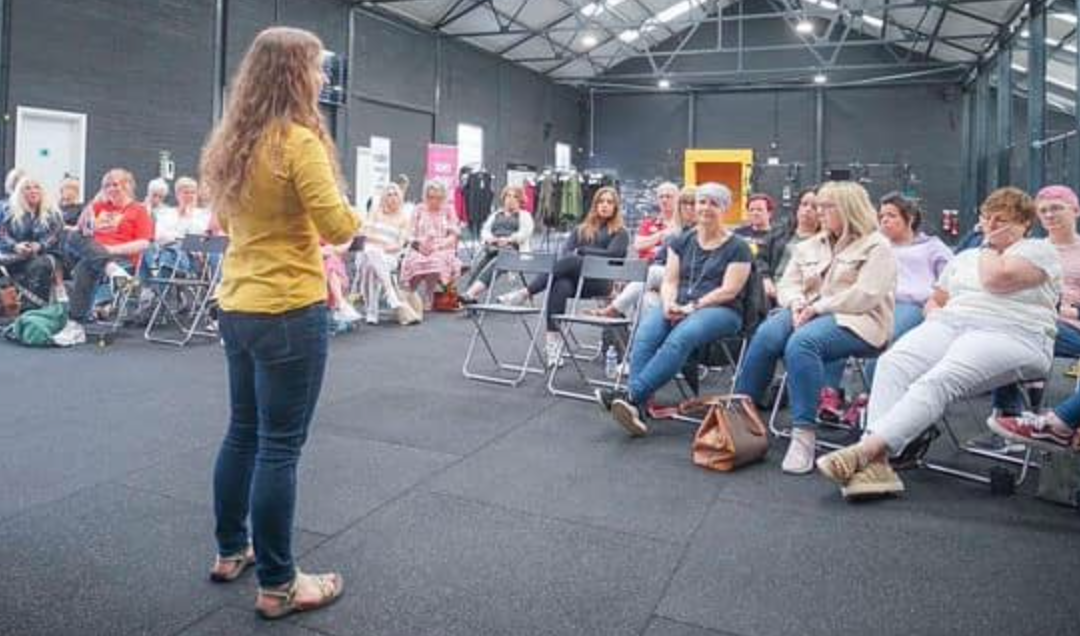
Approach with caution?
Approach With Caution?
Do you feel wary of bringing up the subject of menopause, around other people?
Books, tv programmes, podcasts, social media, news articles. Many women tell me that it’s great the information is getting out there, but they’re actually quite overwhelmed by it all.
It’s not just the amount of information available to us.
I’ve noticed a huge change in the conversations about menopause, since I first started studying this in 2014 and then menopause coaching in 2016.
These conversations can increase awareness and curiosity, which is great, right?
For every woman who tells me how much it helps to talk about it, and the reassurance they get from that, there’s an equal number of people who say “I don’t know how to bring it up. I don’t want to offend anyone. I don’t want to be judged for it. I’m afraid of being put on the ‘past it’ pile”
I find it frustrating but unfortunately, very understandable.
I get it, of course. We’re not all the same.
Not everybody wants to talk about this part of their life, and that’s okay of course.
I’m saying, you have a choice.
In whether you want to or not, and in how you talk about it.
From my experience with guiding people through this thing of ‘talking about menopause’ – in group workshops, small and large group settings, where the women attending could be complete strangers, or friends, or colleagues, or just members of the same group or club – I’ve noticed a few things that I’d like to share with you now.
About what works well, and what doesn’t, for it to be useful for everyone involved. Let’s get into that now…
1.) Have you ever felt concerned of being judged harshly, or pigeon-holed, of being overlooked for promotions?
Or having to face some kind of backlash for your choices or your personal experience – even with friends?
Did you know there is workplace law to protect you from many of these pitfalls?
In the UK, ACAS provide fantastic free help on this – check it out if it interests you.
The other thing is, you don’t have to share much to feel supported, particularly in a small group setting.
Many of my small-group clients have mentioned how relieved they felt to be able to say ‘oh gosh me too!’, they were just waiting for someone else to start the conversation.
2.) Starting the conversation could happen in a thousand different ways (it doesn’t need to be painfully awkward!)
You could mention a particular thing you’re doing at the moment, or something you’ve recently become aware of.
I remember one lady who had a few one to one sessions with me, saying that she’d started the conversation at work by saying how much more energetic she was feeling, now she could sleep through the night and wake up feeling refreshed.
‘Talking about menopause’ doesn’t necessarily involve divulging very personal information or pushing yourself towards awkward vulnerability.
3.) If you’re feeling uneasy about bringing up the conversation of menopause, you’re definitely not alone in that.
That’s why it can be really useful to bring in a specialist, to provide a general ‘introductory session’, to start off the conversations in a way that is inclusive for all.
This is one of the services that I provide (of course you knew I was going to say that!). It can be a one-off or a series of events either in person or online, to suit your needs.
It could be so easily avoided by providing some support, so that women feel valued and comfortable in their workplace, and are able to continue in their careers.
4.) Sometimes there is is a concern that by introducing the topic of menopause, some people may be offended.
You’re right that it does need to be approached in a sensitive way.
Trying to avoid upsetting people by avoiding the conversation completely, doesn’t solve it.
I’ve built up a ton of knowledge and expertise in coaching over the last ten years, so I feel qualified to say that one of the most helpful things you can do for anyone (even if you’re not sure if it is menopause they’re struggling with), is to listen to them.
You don’t need to have all the answers but you do need to know how to listen really well, and without judgement.
5.) Talking about menopause is more than a chat about HRT.
In fact in my experience as a coach I would go as far to say that talking about almost anything in your life, as a woman at midlife, is talking about menopause!
The changes we go through, it’s not just a ‘biological event’, it’s a whole body/mind transition, our body and brain are going through a major reshuffle (or kerfuffle? you decide!) – of course it’s going to affect each of us differently.
Sometimes laughter and jokes can hide the struggle or embarrassment, but there is also genuine joy to be found – without making us the butt of the joke (have you read my blog on the Ten Best Things About Menopause, yet?)
Stress, confidence, motivation, relationships; they’re all indirectly or even directly affected by what’s happening at menopause.
Bottom line is; there’s no rush or pressure to go in at the deep end – whether you’re with friends or at work.
I advise that you aim for connection (the basis of support) – you don’t have to share every physical or mental ailment to do that.
6.) For many workplaces, there is often an existing framework around ‘mental health’ or wellbeing at least.
This can be the ideal stepping-stone for talking about menopause.
I’ve been invited to many workplaces and mixed groups where it was recognised that everyone needed to understand more about all this, they just didn’t know how to go about it.
How do you go about it?
Well, as discussed above, pick any starting point.
It could be about mental health, or menopause, or any other aspect of health. Be aware that menopause crosses over into many areas of health – it’s not all about hot flushes and HRT.
In a workplace situation, let the conversation move towards some of the more practical aspects, as appropriate.
For example, what can an employer reasonably do, to help support their female staff? -well, as it turns out, there are many answers to that and it doesn’t have to include huge budgets and policy changes if you’re not ready for that yet.
There are some really simple and effective ways of increasing awareness, replacing myths with helpful advice, and improving the capacity for conversation and support overall.
Get in touch if you want to know more.
As you’re likely aware, menopause can touch so many aspects of our lives.

If you’ve not yet joined my online community – Finding Yourself In Menopause – then check out the link below.
We are available to all women who are seeking reassurance not just information.
